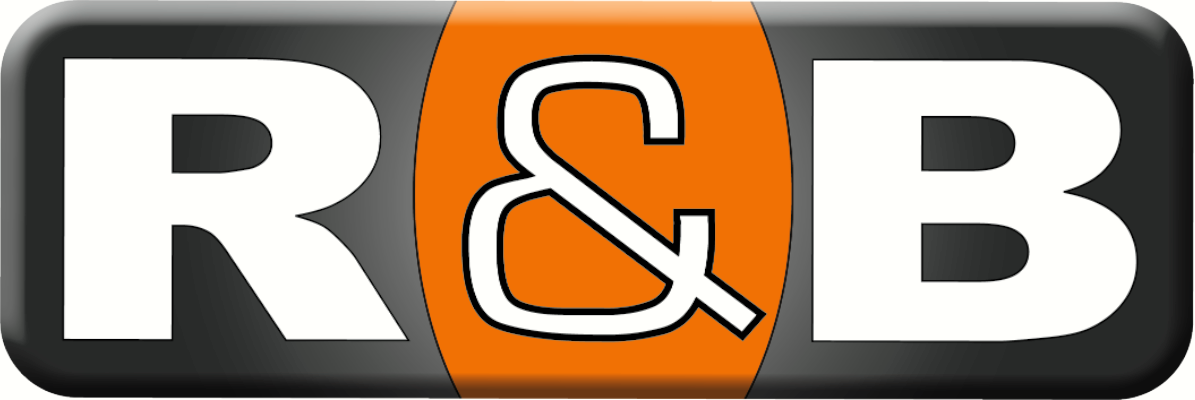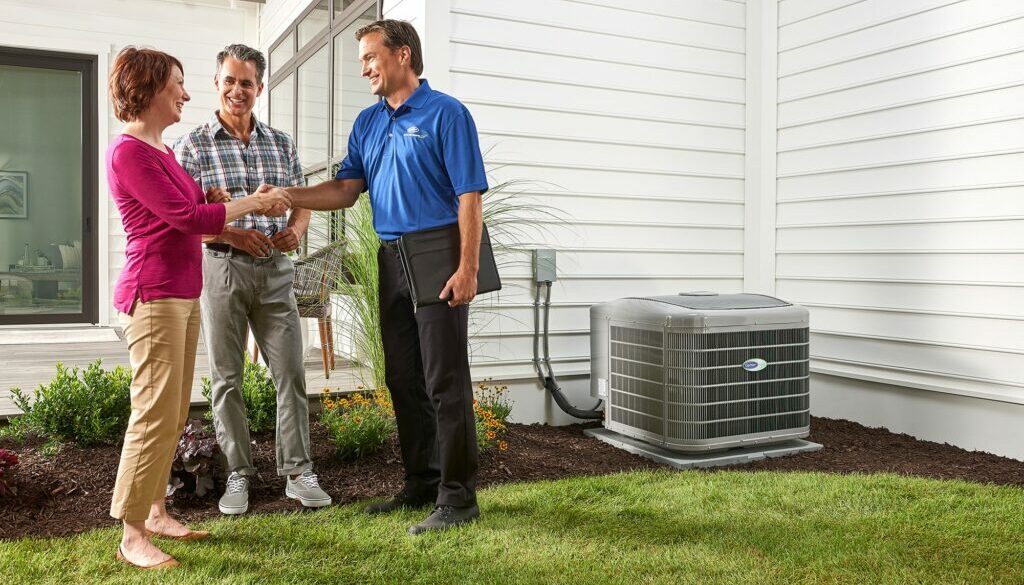Heat Pump Tips – Six things to know before you buy
Heat pump, heat pump, heat pump! “Marsha, Marsha, Marsha!” It’s the new star of the show, what everyone’s talking about… It seems like every municipality and government body is jumping on this band wagon and with grants and free stuff and with good reason. There are many incentives and advantages to getting a heat pump installed at your home as your main source of heating plus;
- They can also COOL your home in the summer.
- They are incredibly efficient – enough to make up for the higher cost of electricity
Do we care how they work? Some of you are content to let things work just like their iPhone works with no idea ‘how’. For the keeners, you can find out about their mysterious ways of working by watching this video:
The City of North Vancouver is amazing and has a great homeowner site for navigating all things heat pump.
The complete guide for Homeowner purchases can be accessed by clicking here. Including;
- How Heat Pumps Work
- Types of Heat Pump Systems
- Is a Heat Pump Right for You
- Navigating Heat Pump Rebates
- What you Need to Know when Installing a Heat Pump
There is a plethora of information on the advantages, and how to get one, but less on what it’s like to actually own one. With that in mind, I’d like to offer our readers some after sales care…. in advance. Here are the things you should be aware of;
HEAT PUMPS NEED SERVICE JUST LIKE YOUR FURNACE
Once each year, expect to have a visit from your friendly R&B technician to service your heat pump. What will we do?
- Vacuum inside and outside of the unit
- Clean condenser
- Clean evaporator coil with coil cleaner
- Clean fan blades
- Ensure all electrical connections are watertight
- Inspect contactors – are they worn?
- Do contactors need replacement?
- Do capacitors need replacement?
- Inspect Armaflex insulation on the refrigerant piping
- Test unit, ensure it is functioning properly
- Ensure drain on the indoor unit is not plugged
- Ensure drain on the outdoor unit is not plugged
- Ensure outdoor unit is level for proper drainage
- Ensure interior return air grills and supply air grills are not blocked.
- Inform the customer of the importance of replacing (cleaning) filters and frequency.
- Record filter size
- Check for error codes
- And most importantly, leave the unit operational!
The best time to schedule is in the fall before winter weather arrives and in the spring before AC season. This will keep it running most efficiently – which is also why you made the investment, wasn’t it?
HOMEOWNER CARE & MAINTENANCE NEEDS
Every homeowner should know how to spot serious trouble and know when to call an expert for help. Follow these helpful tips to get the most out of your heat pump and save on energy.
- Check the heat pump for snow or ice buildup during the winter. Your heat pump needs access to outside air to work properly. If snow or ice buildup restricts the airflow, you’ll lose efficiency, and your heat pump will strain to keep pace with demand.
- Remove foliage from around the outdoor unit and keep shrubs at least 18 inches away from the heat pump on all sides.
- Make sure your outdoor unit is not sitting in or under a water source (roof run-off, overflowing gutters) that may collect and freeze – restricting airflow.
- Clean and change your filters
- Keep the registers open. This one is important with any air flow. It does not save energy to close off rooms that are not being used as it was sized to heat or cool the entire home size. (In fact, as you close off registers, the new air handling unit or furnace, will actually increase fan speed to overcome the restricted airflow. This will cause the units to work harder and increase electrical consumption.)
- Keep debris, leaves, covers, lawn chairs, etc off the top of the unit. (not much you can do about the cat)
Other tips; During the heating season, try not to set the thermostat below 65 degrees.
In the cooling season, try not to set the thermostat below 72 degrees. It will help lower your utility costs and reduce usage. Plus cooling to 72 is COLD. You’ll probably find that you’re comfortable at 75.
EXPECT SOME REPAIR COSTS OVER TIME
Just like your furnace or existing heating system (or anything else in your house), parts do wear out and repairs will need to be made. The heat pump doesn’t have any more or less expensive parts than a furnace for example, and the same technician can repair it for the same price per hour. The only difference would be if there is a problem with the refrigerant which would require a specialist to repair and recharge.
EXPECT TO HEAR YOUR OUTDOOR UNIT RUN
Because the units are located outside, you will hear them in your yard. Or you will hear your neighbours’. While you can guard against some noise with specially designed wraps and strategic plantings, it’s still noise. And if you’re sensitive to things like that it may bother you. The noise from furnaces and boilers and other indoor air units do exist, but since they are usually located away from the living space in a closet or crawlspace, you usually won’t hear them as much.
NO POWER = NO HEAT
Yes, it’s true, if the power goes out, so does your heat! The good news is that it’s rare for the power to go out in our area for very long. But there are things you should know about when the power comes back on – especially in the winter! Carrier suggests that if the electricity to the heat pump has been off for more than 30 minutes switch your thermostat to EHEAT (emergency heat) mode before restarting your heat pump. This is to give the system time to get back up to speed without putting a huge load on it. Lennox suggests running their systems for 6 hr before trying to engage the heat pump. If after that period of time the heat pump does not work properly a call to your favorite local heating professional (hint: US!) should be made.
OTHER INCENTIVES WILL SWEETEN THE DEAL
If the heat pump solution is right for you, we can sweeten the deal. As a Carrier dealer we have access to the Carrier Infinity Greenspeed Heat Pump which will now come with a FREE air purifier with purchase.
CONTACT R&B FOR MORE INFO
Before you make that leap though, chat with us about your options for grants and most importantly, options for heating. We’ll help you figure out if it’s the best choice for your home.
Contact Us

